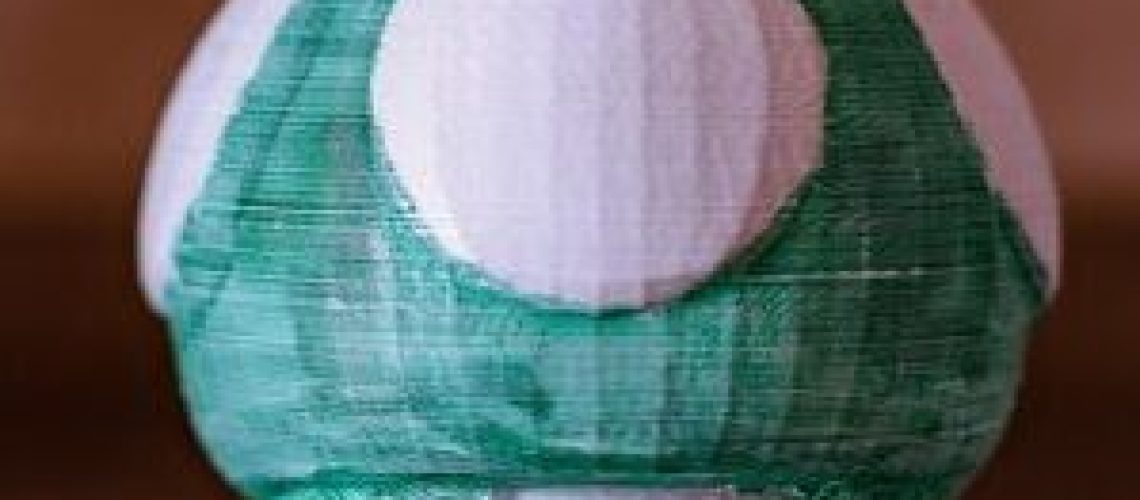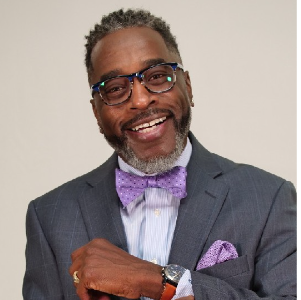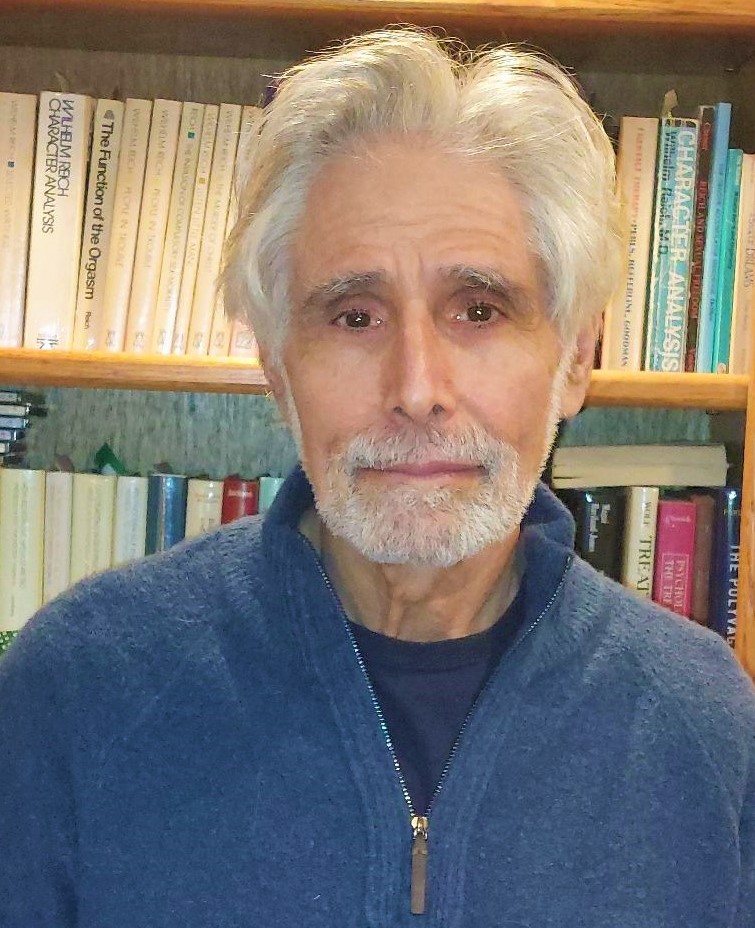Last week in our monthly board meeting, we sought to discuss whether or not, as an organization, we wanted to utilize a tool such as Facebook. As it has come out in recent years, Facebook and its founders have acted wholly unethically, with no precedence for privacy. This is not an unusual dilemma in this modern world, in which we are born into with so little choice but to persevere—to play the game, if you will. This question launched itself into an existential dilemma, a conversation which had no obvious, if any, solutions, so much as thoughts and speculations about who we are, and where we’re going.
As any good existential dilemma, the conversation began with responsibility. What responsibility do we, as an organization, have in choosing an obviously unethical and corrupt platform? The conversation started with acknowledging that while Facebook may be unethical, so many of our world’s systems are. In parsing them out and choosing which to engage with and what to follow, attempting to decipher what is ethical and what is not becomes impossible. Everything we engage with is troubled in some way. What utilizing tools such as Facebook offers us is the chance to reach a greater audience—to network, and, hopefully, affect the change we hope to—to bridge communities and geographies and reach those we would not have otherwise come into contact with.
Ultimately this, as with anything, is about intention. If the intention is poor, anything can turn harmful. This is the story of our evolution. With this freedom comes responsibility. So in this sense, what happens if we utilize the corrupt platform for our good intentions? We get to be a voice against the shadow by putting forth the content we wish to share—we turn it on its head.
The question becomes—where do we draw the line? This isn’t just a question about Facebook, but about how we participate in the world at large—all the choices we make that contribute to what it means to be human. And this brings us back to freedom. We have the freedom to choose, but we don’t have the freedom not to choose. All we can do is open to ambiguity, to the mystery.
In a culture so fearful of ambiguity, this is not a conversation that happens in many places. We live in a time and place so threatened by the unknown that we seek certainty in polarities—this is good, this is bad. Being human, it may be in our nature to embody certain hypocrisies. Yet within this profession, and ultimately in life, we can all acknowledge there are never absolutes. In the pursuit of purity, we run the risk of further polarizing.
In reality, we are always with uncertainty. This is the source of so much of our anxiety as human beings. How we sit with that uncertainty is our eventual freedom. There are no answers to these questions, no ultimate places to arrive at. Yet as an organization keen on sitting with the mystery of life, on playing the game how we choose to play it, let us use this platform, for now, if only to participate with the unanswerable questions.




